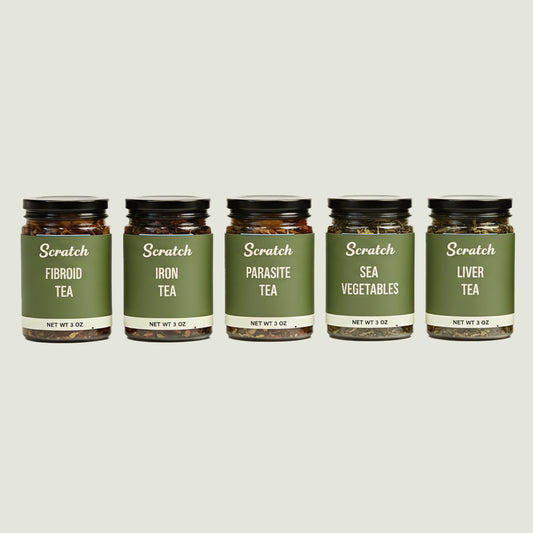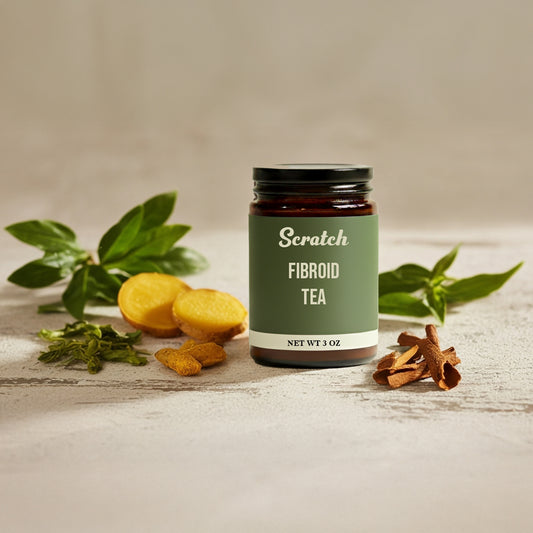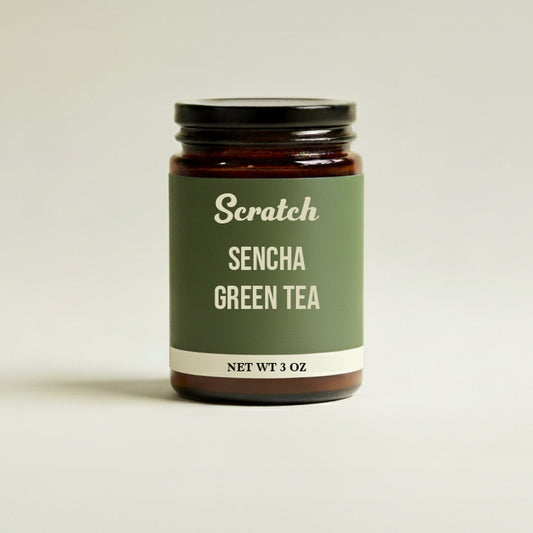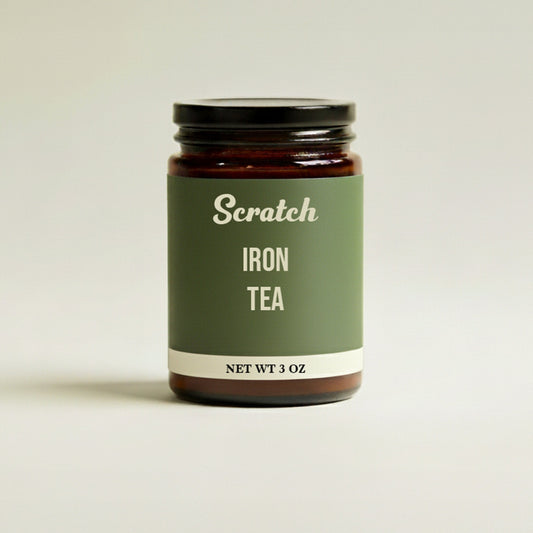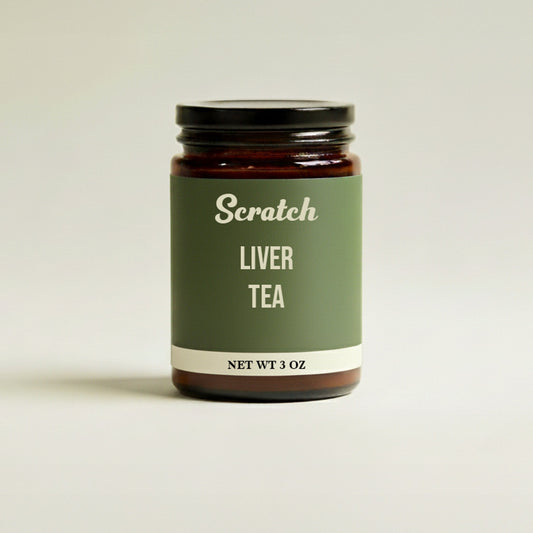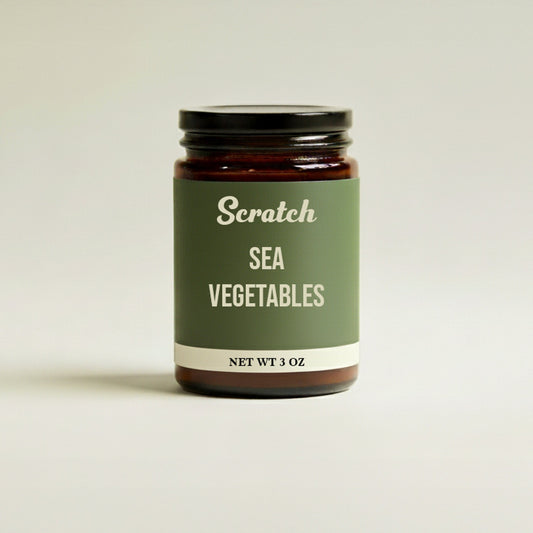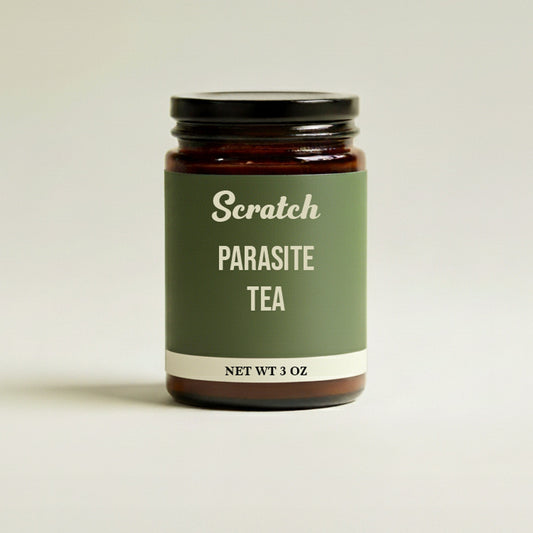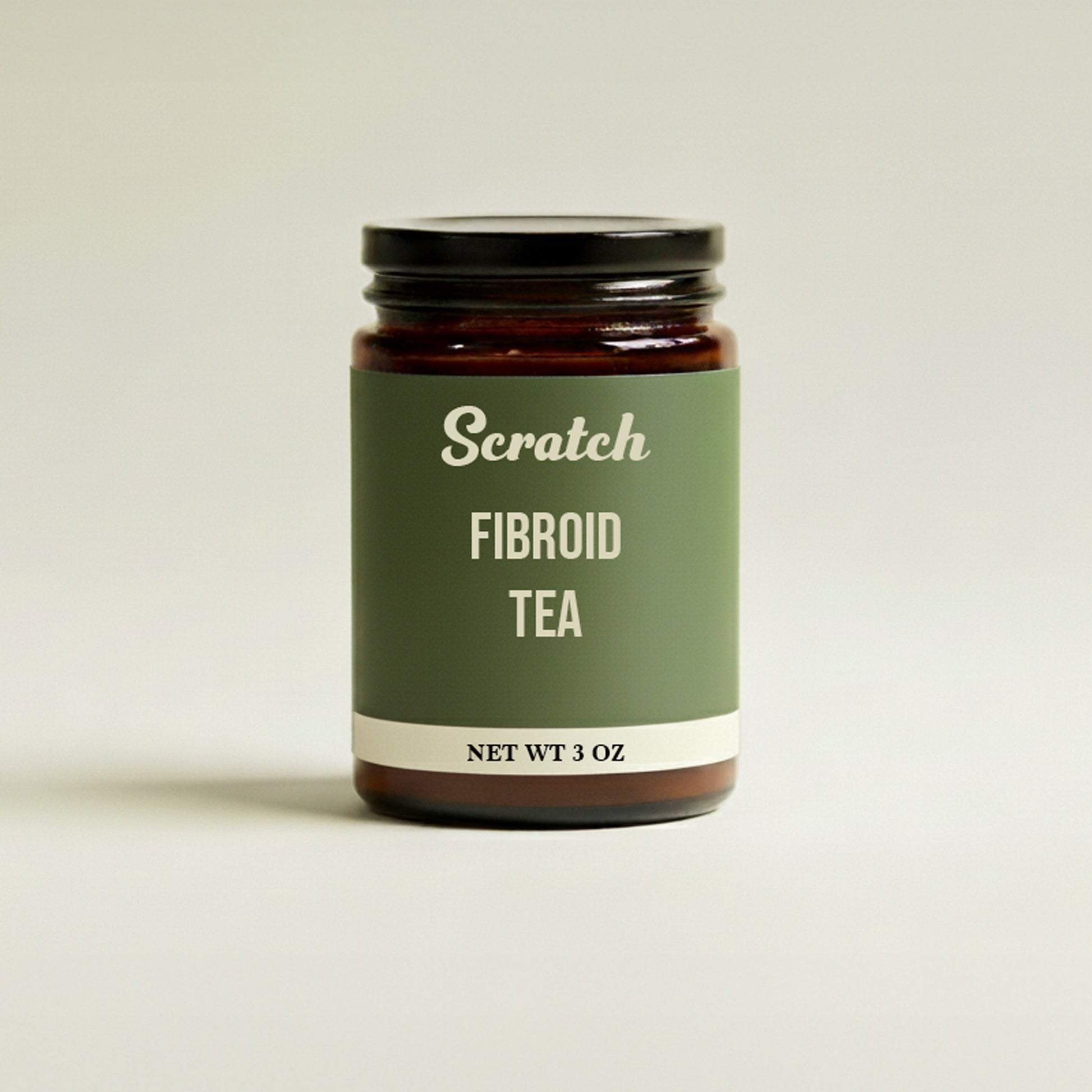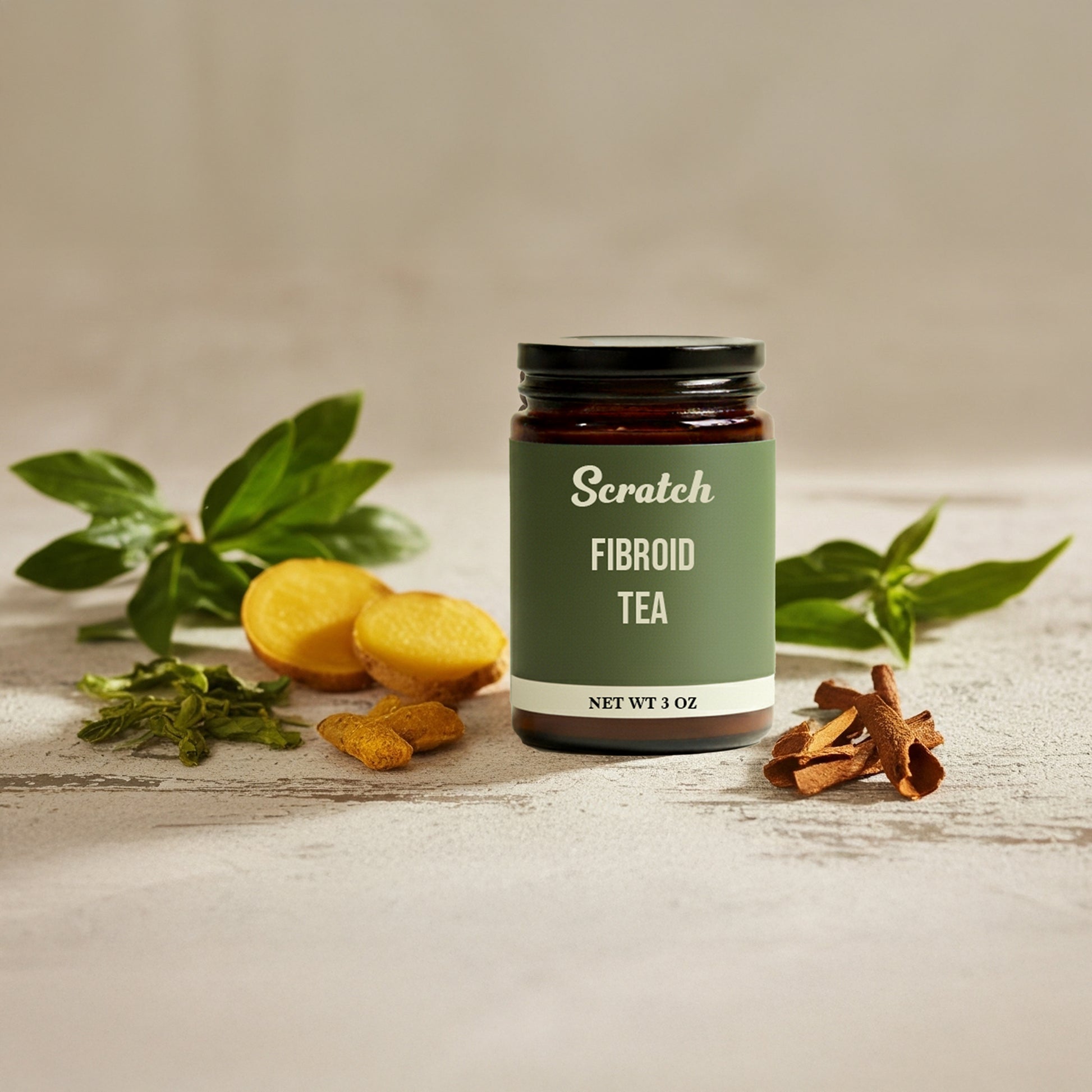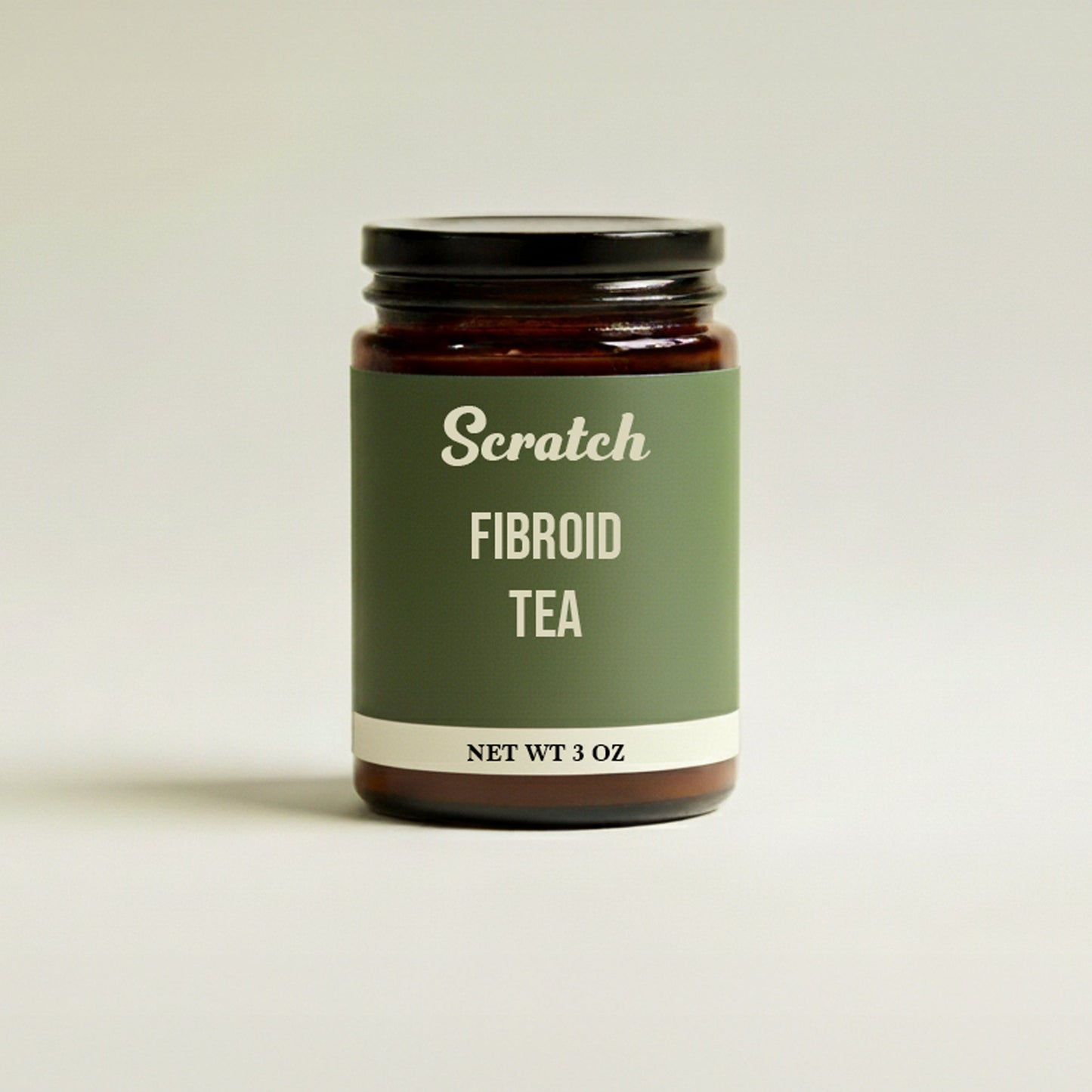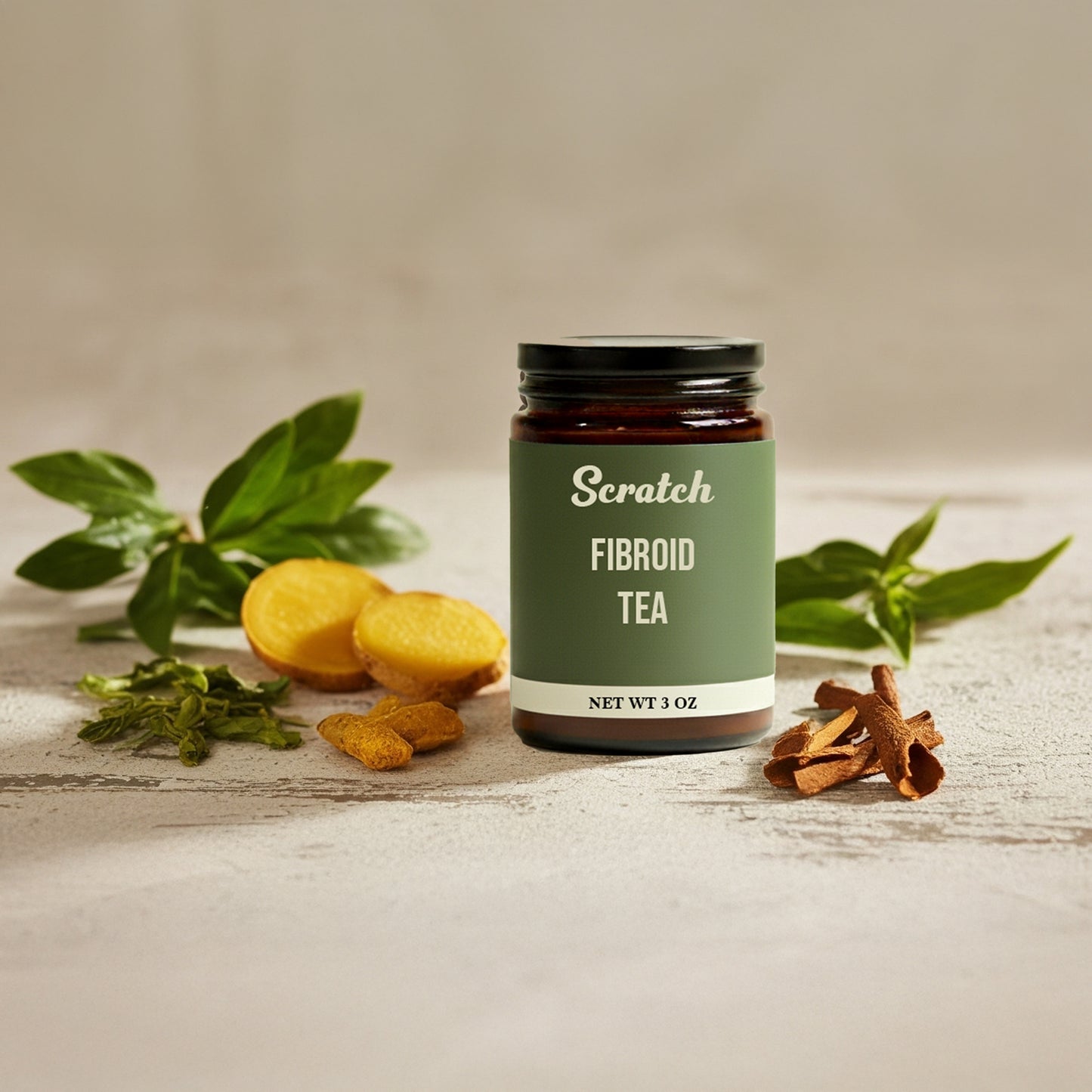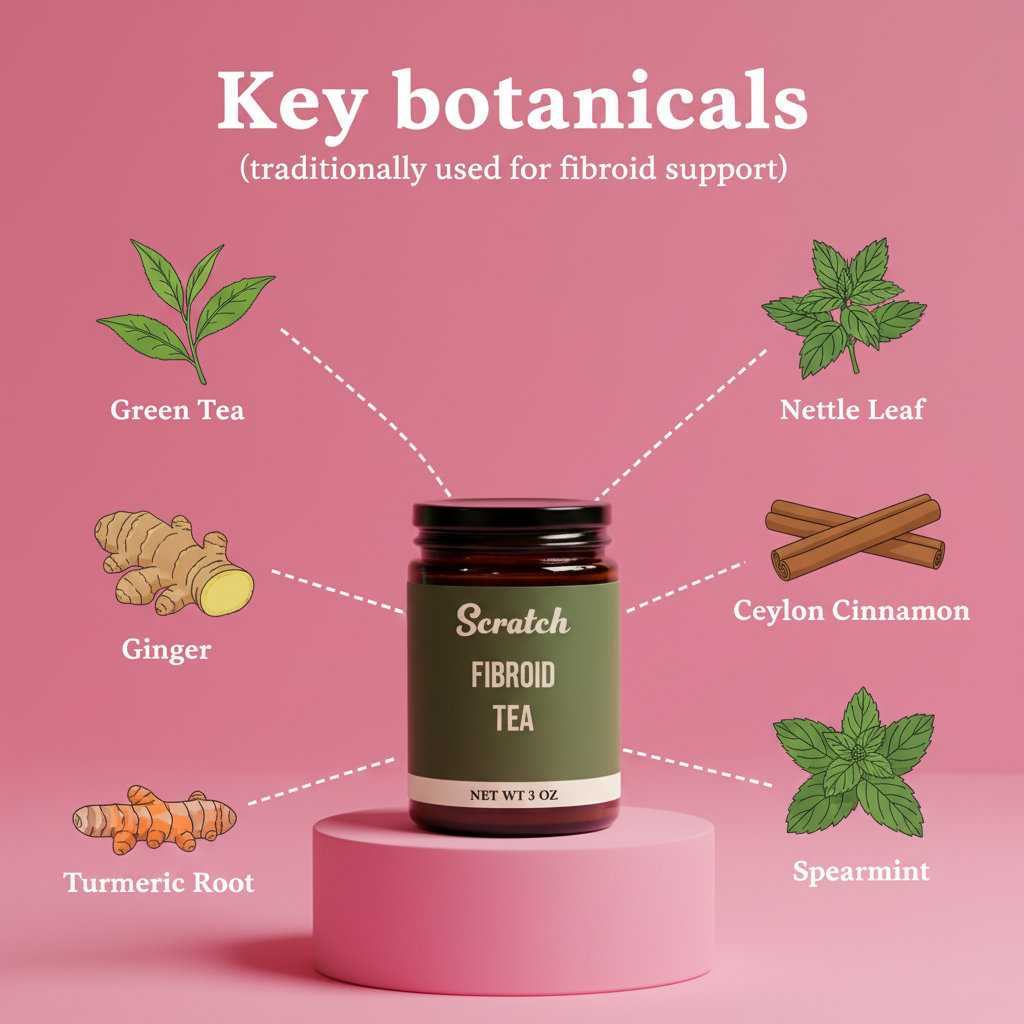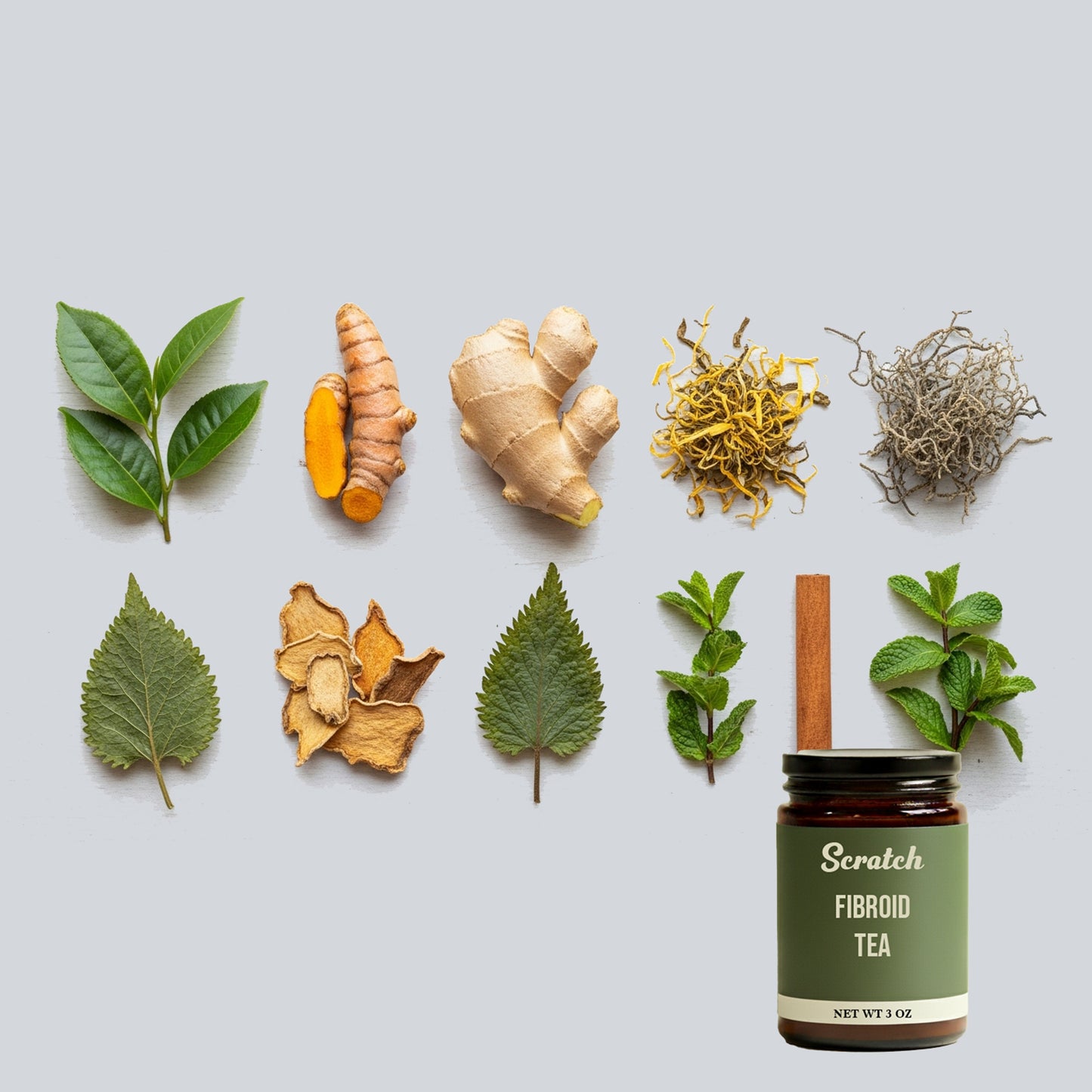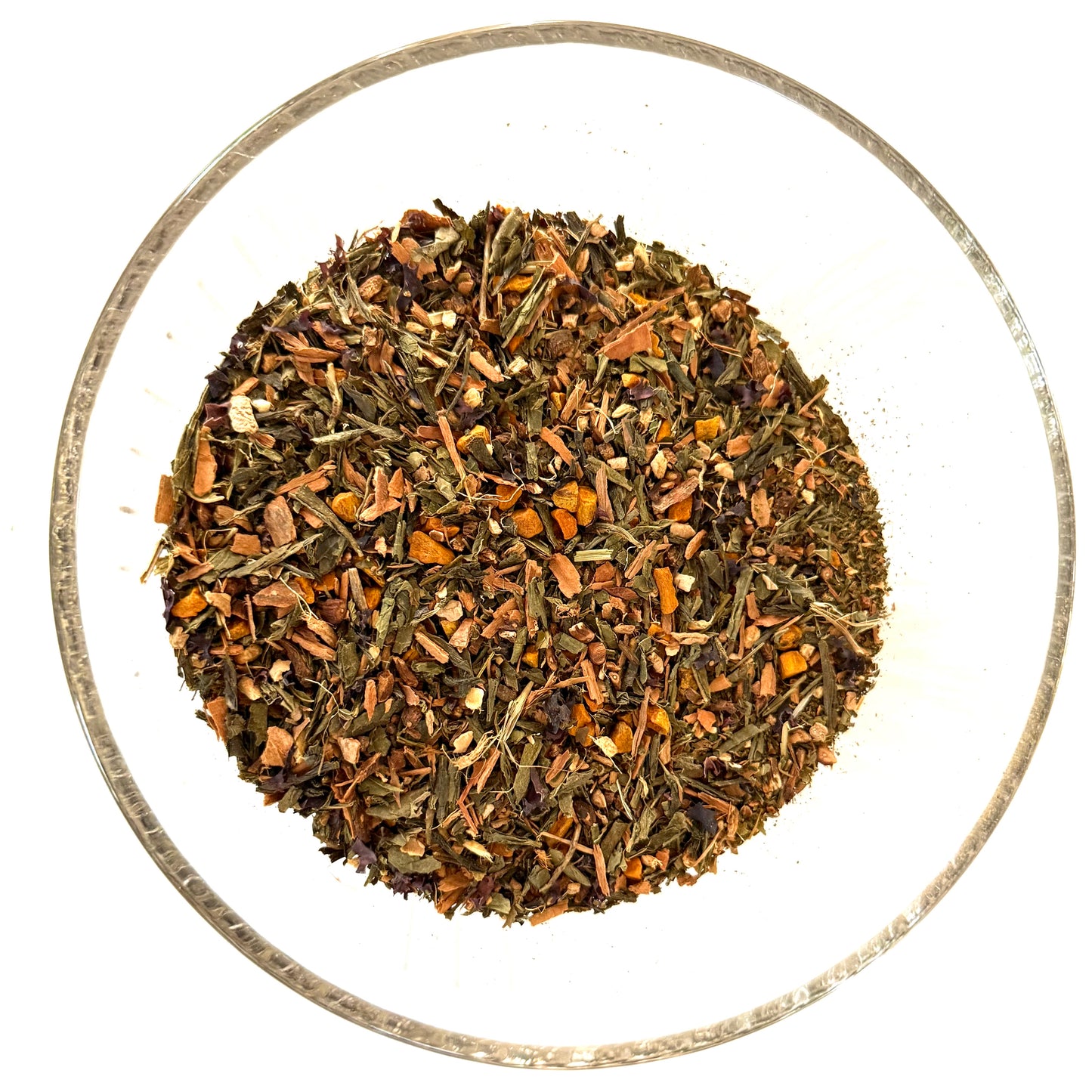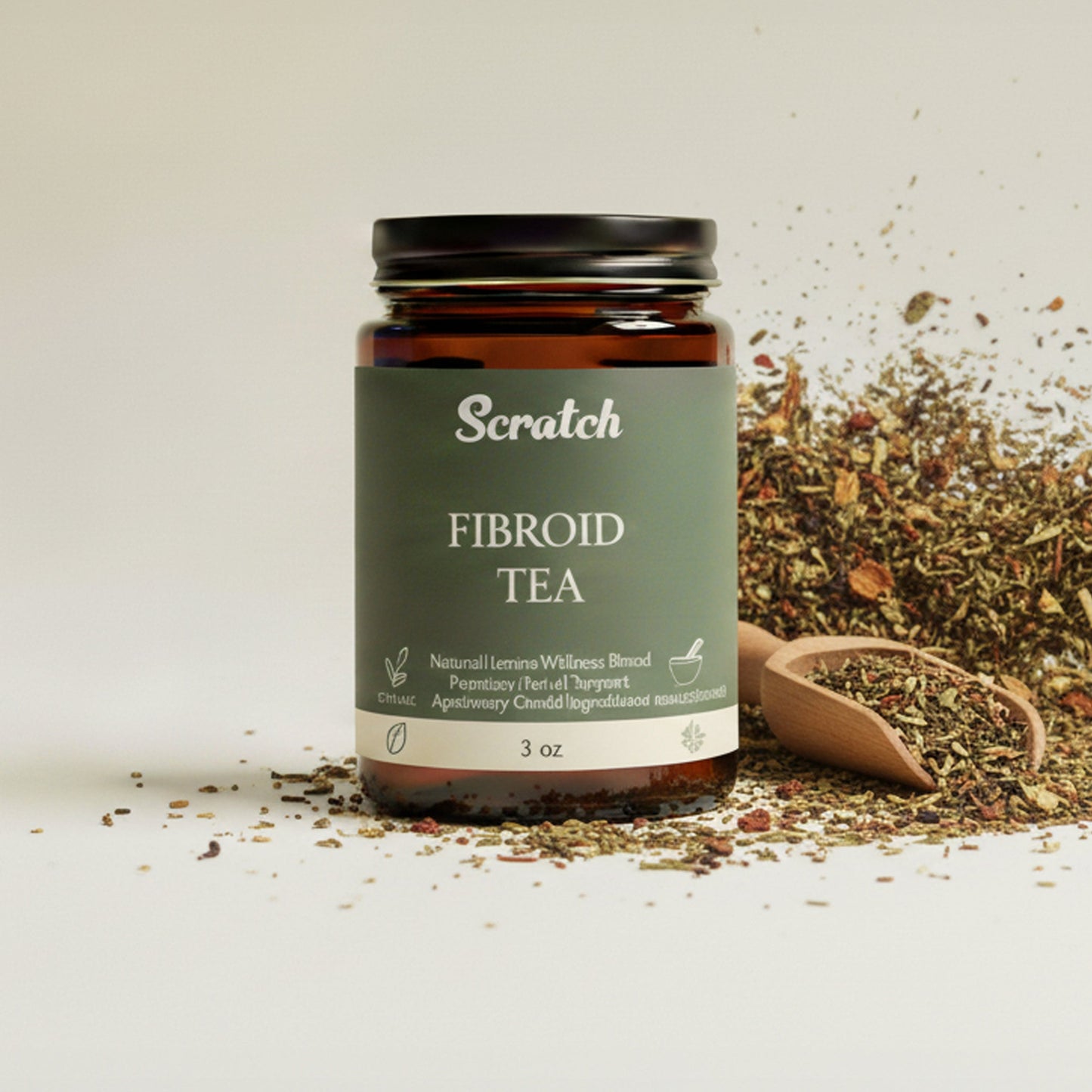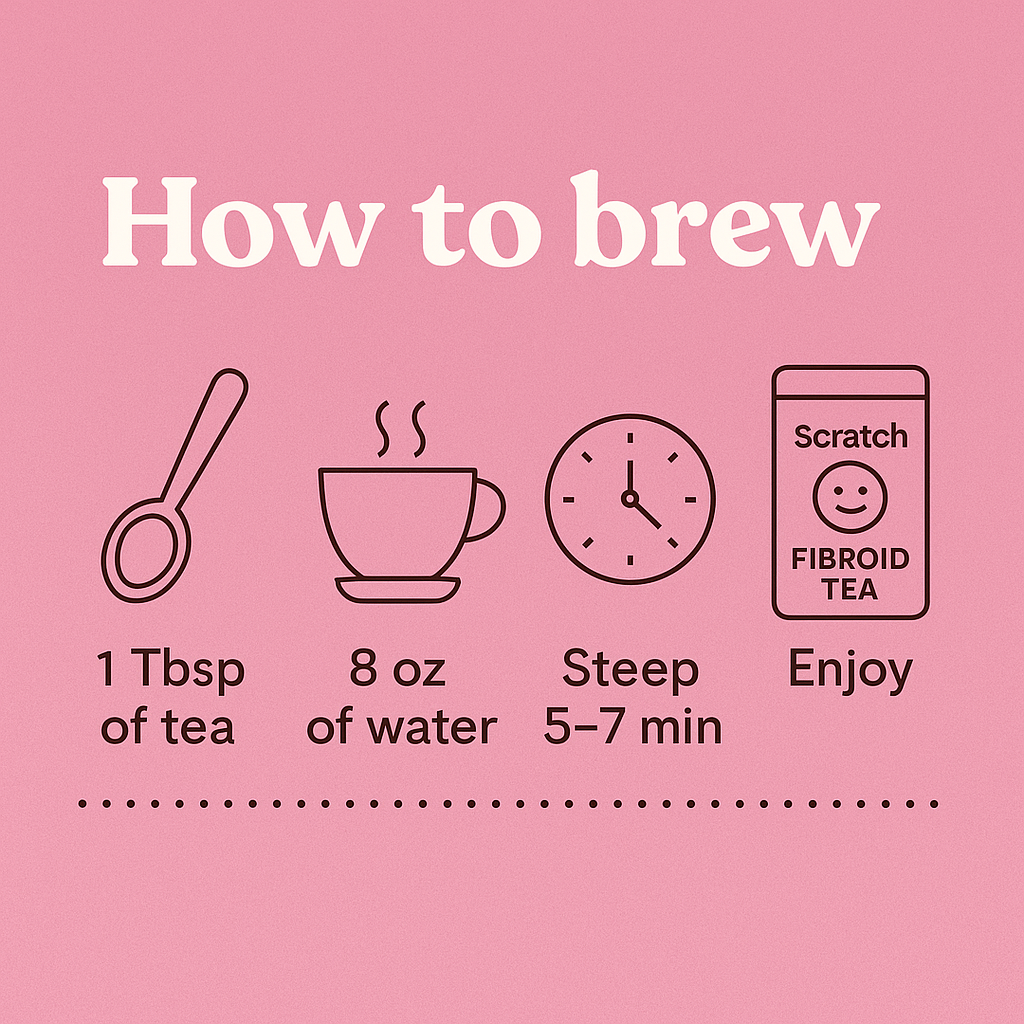The Future of Fibroid Care: Why Natural Products Are Leading the Conversation
Uterine fibroids are extraordinarily common, particularly among people in their 30s and 40s, and disproportionately affect Black women. Symptoms like heavy bleeding, pelvic pressure, pain, and anemia can profoundly impact quality of life. As patients look for options that are effective, safer, fertility-sparing, and personalized, natural products and integrative strategies are increasingly part of the conversation. But where does the science stand—and how can you navigate choices safely?
Why the Shift Toward Natural and Integrative Fibroid Care?
- Desire for non-surgical options: Many hope to delay or avoid surgery, especially when family-building is a priority.
- Side-effect concerns: Standard medications help but can cause hot flashes, mood changes, or bone loss depending on the drug and duration.
- Trust and autonomy: Patients want a voice in their care and often turn to products they perceive as gentler or familiar.
- Better science: Small but growing studies are exploring botanicals and nutrients that may influence fibroid biology.
Importantly, “natural” does not automatically mean “safe” or “proven.” In the U.S., dietary supplements are regulated differently from prescription drugs; they do not require FDA approval for safety or effectiveness before they are sold. Labels can make only limited “structure/function” claims and must include a disclaimer. That’s why it’s critical to look closely at evidence and quality when considering natural products for fibroids.
What We Know (and Don’t) About Natural Products for Fibroids
To date, no natural product has been definitively proven to cure fibroids. However, several compounds have early evidence suggesting they may help alleviate symptoms or slow growth in some people. Always discuss these options with your clinician, especially if you take other medications, have liver disease, or are pregnant or trying to conceive.
Green tea extract (EGCG)
Epigallocatechin gallate (EGCG), a catechin concentrated in green tea, has antioxidant and anti-proliferative effects in lab studies. Small randomized and pilot clinical studies have reported improvements in fibroid-related bleeding and quality-of-life scores, and in some cases reduced fibroid volume compared with placebo. While promising, these studies are limited by small size and short duration, and larger, well-controlled trials are needed.
Safety notes: Concentrated green tea extracts have been linked—albeit rarely—to liver injury. Stop and seek care if you develop jaundice, dark urine, or severe fatigue. Green tea can interact with medications (for example, it may affect the activity of certain blood thinners). Discuss with your clinician and avoid combining multiple products containing green tea.
Vitamin D
Vitamin D deficiency is common, and observational studies have associated lower vitamin D levels with a higher risk of fibroids. Small trials suggest vitamin D supplementation may help stabilize or slow fibroid growth in some individuals. Ensuring adequate vitamin D is reasonable for overall health, and your clinician can check your level and advise on dosing.
Safety notes: Excess vitamin D can cause high calcium levels and kidney problems. Many adults should not exceed 4,000 IU (100 mcg) daily without medical supervision. Always tailor dosing to blood levels and individual risk.
Turmeric/curcumin
Curcumin, a component of turmeric, inhibits inflammatory and growth pathways in laboratory models. However, well-designed human trials specifically in fibroids are lacking. Some people use curcumin to support pain relief; evidence in fibroids remains preliminary.
Safety notes: Curcumin may interact with anticoagulants and antiplatelet drugs and can worsen gallbladder disease. Quality varies widely across supplements.
Resveratrol and other botanicals
Resveratrol and several herbal blends have shown anti-fibroid effects in preclinical studies, but robust human evidence is absent. Be cautious with multi-ingredient “proprietary blends” that obscure exact doses.
What Natural Products Cannot Do
- They are not proven cures: Fibroids often shrink after menopause, but supplements alone have not been shown to eliminate them.
- They are not substitutes for urgent care: Severe bleeding, anemia, or debilitating pain may require medical therapy or procedures.
- They require time and monitoring: Expect months—not weeks—before assessing any effect on symptoms or imaging.
Building a Safe, Evidence-Informed Plan
1) Partner with a clinician
- Share all supplements you take; bring the bottles or photos of labels.
- Ask about drug–supplement interactions (for example, with blood thinners, thyroid medicine, or hormonal therapies).
- Clarify reproductive plans; some products are not appropriate when trying to conceive or during pregnancy.
2) Choose quality products
- Look for third-party testing seals such as USP, NSF, or ConsumerLab, which verify that what’s on the label is in the bottle and check for contaminants.
- Avoid mega-dosing. Use single-ingredient products when possible so you can attribute effects and monitor safety.
- Be skeptical of “detox” or cure-all claims. In the U.S., supplements cannot legally claim to treat or cure fibroids.
3) Monitor outcomes and safety
- Track bleeding days, pad/tampon counts, pain scores, and fatigue in a symptom diary or app.
- Ask about checking hemoglobin/ferritin if you have heavy bleeding; iron therapy may be needed to address anemia.
- Consider follow-up ultrasound at 6–12 months to assess fibroid size if symptoms are changing.
4) Don’t overlook lifestyle fundamentals
- Nutrition: Emphasize iron-rich foods (beans, leafy greens, lean meats) plus vitamin C sources; limit alcohol and ultra-processed foods.
- Vitamin D sources: Safe sun exposure, fortified foods, and supplementation when indicated.
- Weight and movement: Maintaining a healthy weight and regular physical activity are linked to lower risk of symptomatic fibroids and improve overall well-being.
Where Standard Therapies Fit in an Integrative Approach
Natural strategies can complement—not replace—evidence-based medical care. Depending on your goals and symptoms, options include:
- Medications: NSAIDs for pain, tranexamic acid for heavy bleeding, hormonal contraceptives or the levonorgestrel intrauterine system (LNG-IUS) for cycle control, and short-term use of GnRH agonists or antagonists (with “add-back” therapy) to shrink fibroids and reduce bleeding.
- Uterus-sparing procedures: Uterine artery embolization (UAE), myomectomy, and MR-guided focused ultrasound can preserve the uterus and may suit patients aiming to avoid hysterectomy.
Guidelines from professional societies encourage shared decision-making that respects patient preferences while weighing benefits, risks, and reproductive plans. An integrative plan might pair, for example, LNG-IUS for bleeding control with iron repletion, vitamin D optimization, and careful trial of a high-quality EGCG supplement under medical supervision—monitoring response and liver enzymes as appropriate.
The Bottom Line
Natural products are leading the fibroid conversation because patients want options that feel safer, align with their values, and address whole-person health. Early evidence suggests that compounds like green tea extract and vitamin D may play a supportive role for some individuals. But “natural” is not synonymous with benign, and supplements are not cures. The strongest approach is collaborative: verify diagnoses, individualize goals, use quality-controlled products judiciously, and integrate them with proven therapies while tracking both benefits and safety.
Trusted Resources and References
- U.S. FDA: Dietary Supplements—What You Need to Know. https://www.fda.gov/food/dietary-supplements
- NIH Office of Dietary Supplements—Vitamin D Fact Sheet. https://ods.od.nih.gov/factsheets/VitaminD-Consumer
- NIH Office of Dietary Supplements—Green Tea Fact Sheet. https://ods.od.nih.gov/factsheets/GreenTea-Consumer
- NIH National Center for Complementary and Integrative Health (NCCIH)—Turmeric. https://www.nccih.nih.gov/health/turmeric
- NIH Eunice Kennedy Shriver National Institute of Child Health and Human Development—Uterine Fibroids. https://www.nichd.nih.gov/health/topics/uterine/conditioninfo/fibroids
- American College of Obstetricians and Gynecologists (ACOG)—Uterine Fibroids FAQ and clinical guidance. https://www.acog.org/womens-health/faqs/uterine-fibroids
This article is for general information and not a substitute for medical advice. Always consult your healthcare professional for personalized guidance.

